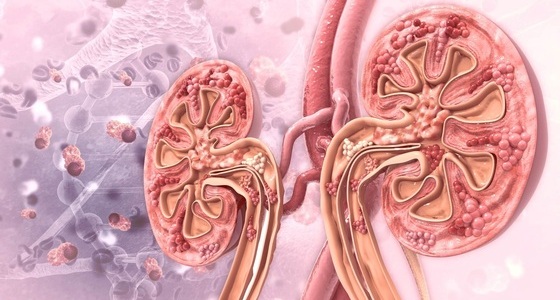According to Alwan, Armstrong, Cowan, & Riley (201 5 ), chronic diseases were responsible for 63% of the 57 million deaths in 2008.
And globally, around one out of three adults suffer s from multiple chronic disease s (Hajat & Stein , 2018). Chronic diseases are long – term conditions that last for at least a year. Having a chronic disease entails constant medical attention and a burden to quality of life. Common chronic diseases include stroke, heart disease , cancer, chronic obstructive pulmonary disease (COPD), and diabetes (Center for Diseases Control and Prevention, 2 021; World Health Organization [WHO] , 2005). Common modifiable risk factors for chronic diseases are unhealthy diet, lack of exercise, excessive alcohol intake , and tobacco use while non – modifiable risk factors include genetics and age (WHO, 2005)
Most chronic diseases are incurable , and patients must learn how to live with them . Nonetheless, there are treatments available to alleviate the burden brought by chronic diseases and prevent progression (Vorvick & Zieve, 2020) .
Foremost treatment and management for chronic disease is the treatment prescribed by the doctor for the specific chronic disease. For example, for treating COPD, there are drugs like anti – inflammatory drugs or bronchodilators that can be prescribed to ease symptoms or oxygen therapy to help cope with oxygen deficiency . While managing it, drinking plenty of fluids or using humidifiers are done (Pietrangelo, 2021) .
Another example i s cancer treatment . Cancer treatment may include chemotherapy and bone marrow transplant while management may include medications to alleviate secondary symptoms like shortness of breath (Mayo Clinic, 2020). F or diabetes, treatment includes a tailored combination of medications like insulin, exercise, and proper diet (Nazario, 2019).
Aside from the treatment for the specific chronic disease, general management is also included in treatment for chronic diseases to prevent additional stress symptoms and exacerbation due to the inability to cope in living with a chronic disease.
First is pain management which involves using medications , including non – prescription medications that provide pain relief and may also involve form s of therapy like cognitive behavior therapy (CBT), physical therapy, or acupuncture therapy. It is also important for pain management approach es to be consulted with a health care professional first to ensure effectiveness and safety (Better Health Channel, n.d.).
The second is mental health management which involves alleviating invisible symptoms of chronic diseases like exhaustion and depression. Mental health management may involve doing psychotherapy, joining support groups that ha ve the same chronic disease, journaling, or talking with loved ones. Joining support groups specifically helps in coping as one is able to re late their fee lings with others and are able to get firsthand advice and support from people with the same chronic disease.
Mental health management may also involve taking actions that allow one to gain a sens e of control of the circumstances . This may entail research ing about the chronic disease, knowing the likely outcomes, and setting realistic goals based on the research to dispel the sense of helplessness. So, m e ntal health management is important as it not only gives a sense of support but also prevent s psychiatric morbidity wherein poor mental health causes exacerbation of the symptoms of the disease (Better Health Channel, n.d.; Vorvick & Zieve, 2020).
T he third is daily activities management which involves seeking help from friends, family, or social worker s to aid, support, and guide in doing daily activities and work like house chores. Although one may not opt to always do this, it is important to have and to know the people who are able to help in daily work and to know when to seek help as one may not always be well enough to do the work alone (Vorvick & Zieve, 2020).
Fourth is lifestyle management. Acquiring chronic diseases can be preventable with a proper lifestyle and part of the treatment is eliminating damaging life habits. Lifestyle management includes getting rid of unhealthy vices like drinking and smoking, eating proper and healthy meals, avoiding sweet, salty, or fatty food, having a proper sleep schedule, and exercising daily. When exercising, even doing light physical activity is enough to help with pain management and mental health management (Better Health Channel, n.d.).




